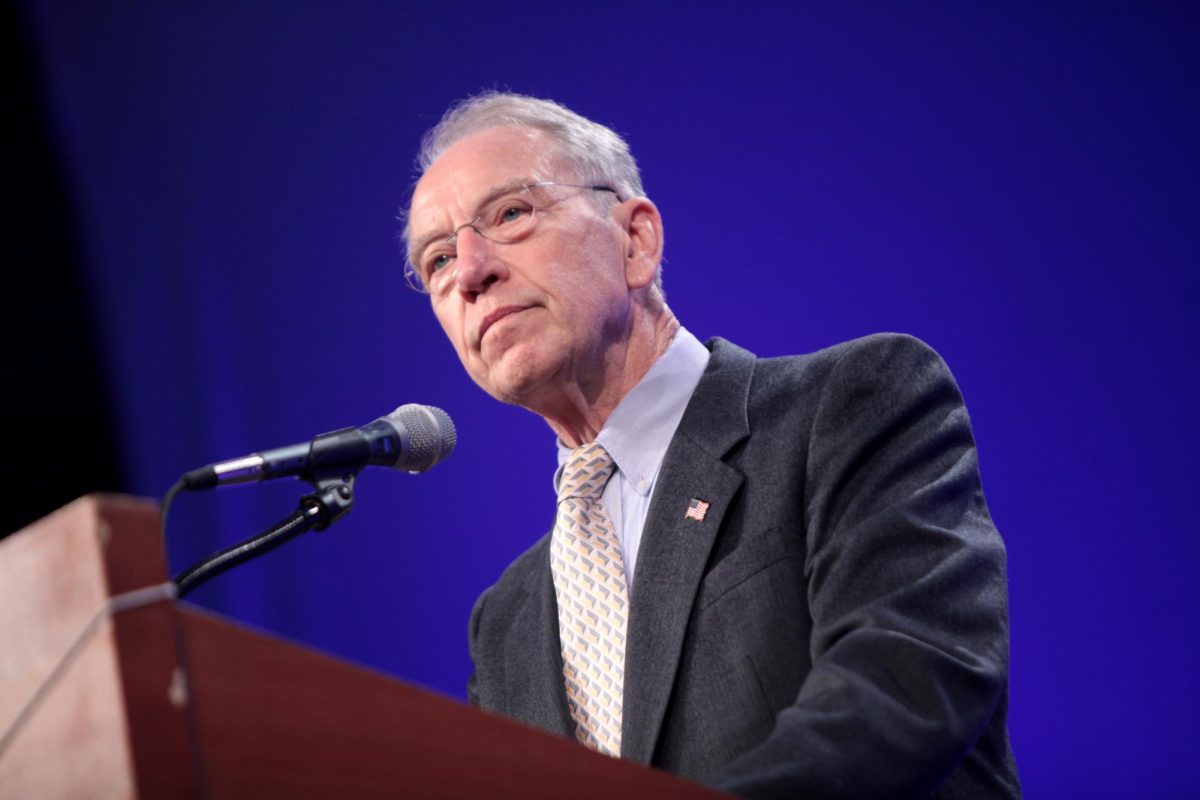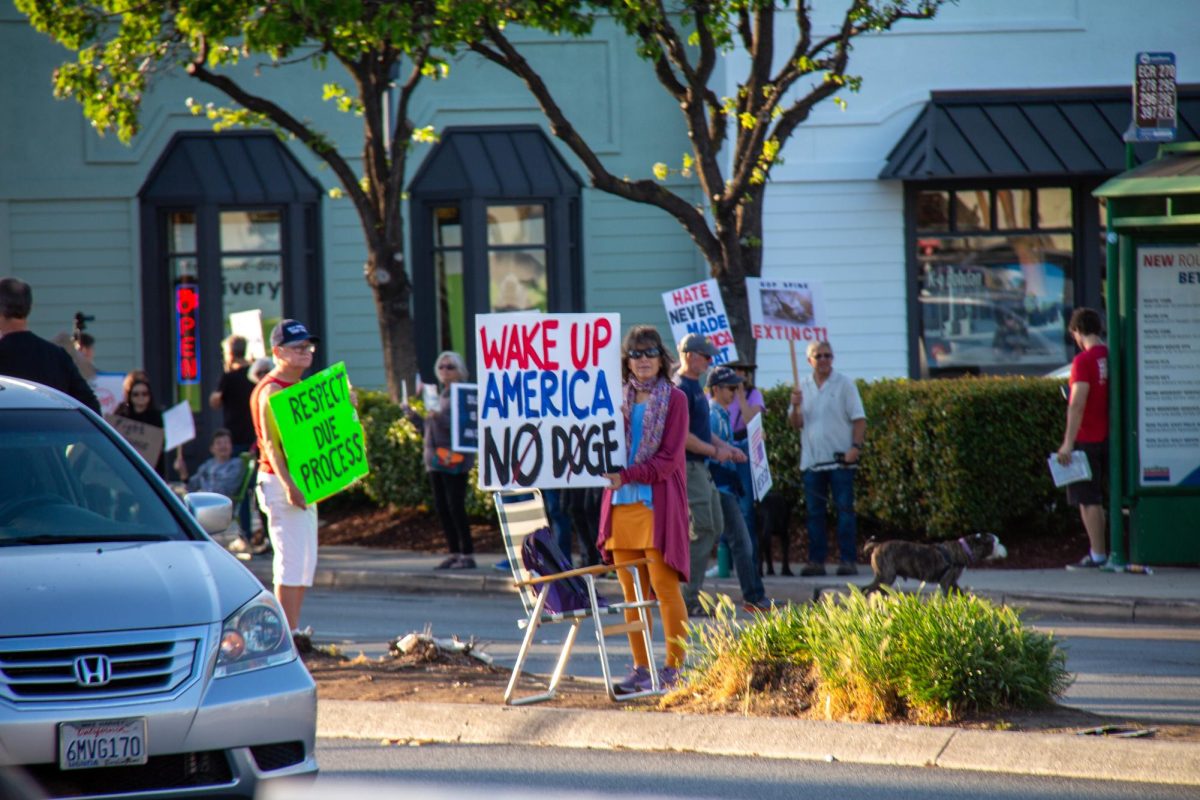In a second attempt at a Muslim travel ban, President Donald Trump signed an executive order to block travelers coming in from six Muslim countries. This travel ban, or Muslim Ban 2.0, has affected many Muslim families across the nation, but also across Woodside High School.
The Muslim Ban 2.0 is currently being temporarily halted by a judge in Hawaii, however both travel bans have still had many negative effects on U.S. citizens. The second ban is quite similar to the previous ban in the sense that it blocks travelers coming in from Iran, Libya, Syria, Somalia, Sudan, and Yemen. With the exception of banning Iraq, the ban is the same as the first one.
This ban will block refugees from entering the U.S. for 120 days, and travelers for 90 days. A few Muslim students at Woodside commented on the situation.
“I feel that the ban is truly about the politics of fear,” an anonymous Woodside student commented. “Unfortunately fear sells. Fear is a powerful tool that historically has been used by the powerful to increase their power and drive their agenda. The ban isn’t about protecting Americans in my opinion. If that was the case, Iraq, the country where ISIS originated would be on the updated list, as would the countries of the 9/11 hijackers, but this ban doesn’t do that.”
“I feel like keeping all immigrants from those countries out is unreasonable as they’re not all criminals,” said senior Ida Shiri. “If this is to eliminate terrorism, then the ban fails to include Saudi Arabia, which had a majority of the terrorists during the 9/11 attack.”
Although the intention of the ban is to protect all American citizens of the United States, it has not been interpreted that way.
“It simply, indiscriminately targets Muslim countries to send a distorted message of fear. It targets the old, the needy, the handicapped, and children as young as a few months simply based on their religion,” a Muslim Woodside student, who wishes to remain anonymous, elaborated on the view the ban sets for Muslims. “It’s just unAmerican. The Puritans came to this great country because they were being persecuted based on their religion.”
Students of Middle Eastern descent have friends and family who are stuck more than 7,000 miles away and cannot do anything about returning or emigrating from the sanctioned countries.
“A family friend’s grandmother had promised to be there for her son’s graduation, but she can no longer do so simply because she is Libyan,” the anonymous Woodside student said. “She has no criminal history and is a harmless old lady, yet based on her identity, she can’t see her grandson graduate.”
Shiri also had a similar situation with one of her family members.
“My cousin can’t come back now for at least a while or so even though he’s been residing in the U.S.” Shiri explained.
Since Islamophobia is racialized, the people who don’t practice the religion are affected just as much due to their clothing, language, etc.
“Luckily we’re Egyptian, so although we’re surrounded two of the countries affected, our families haven’t been directly affected. However, the ban does affect our perception in the United States. My mom wears the scarf, not because she’s forced to, but because it’s her feminism,” The Woodside student stated. “She believes that as a woman no man should tell her how to dress and that she can make decisions on her own and in her individual capacity”
The student also commented on the prejudice they tend to feel at airports and on a day to day basis.
“At airports, my family is somewhat apprehensive at being treated differently. We don’t speak Arabic as much and we come early in anticipation of random checks because we understand that the prejudice is real,” the anonymous student commented.
Some people feel like this ban including the administration behind it are going against American values.
“America is the land of freedom. It’s not the land of prejudice and persecution. Those are the values that this country and flag represent, and I’m just so sad that unfortunately so many have steered from those values,” said the student.







